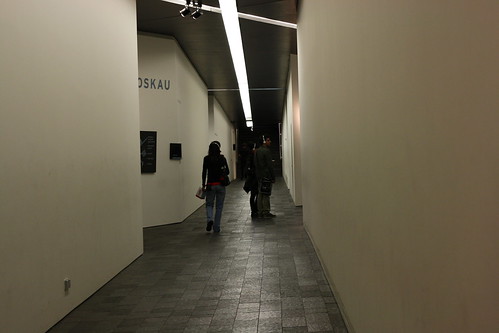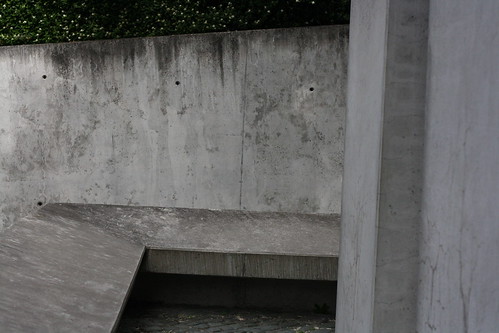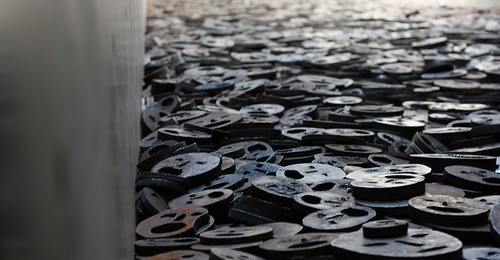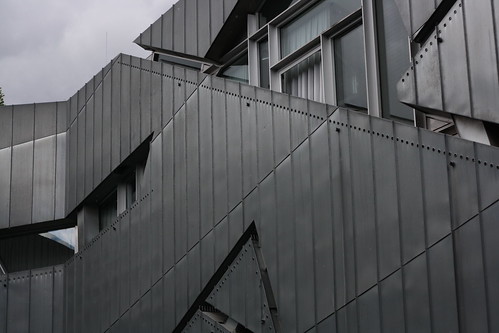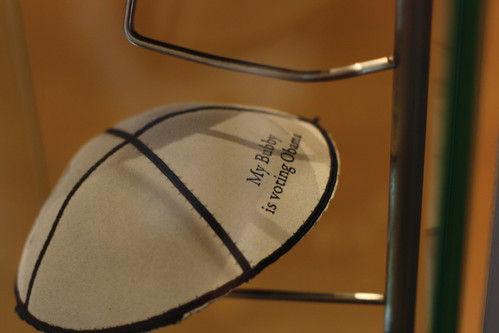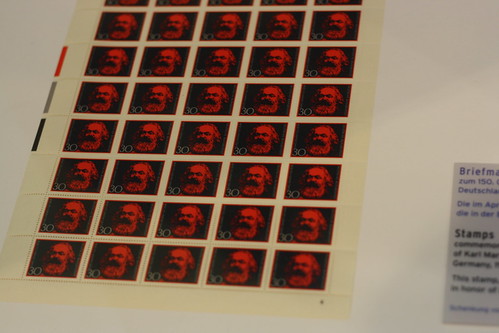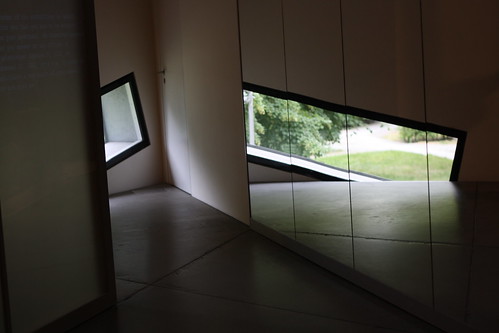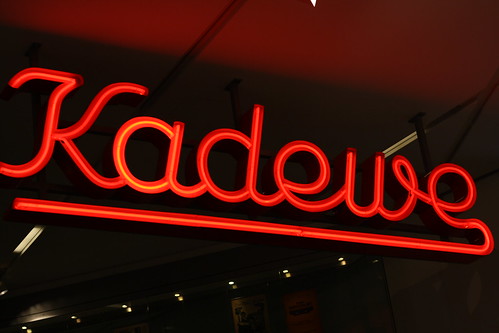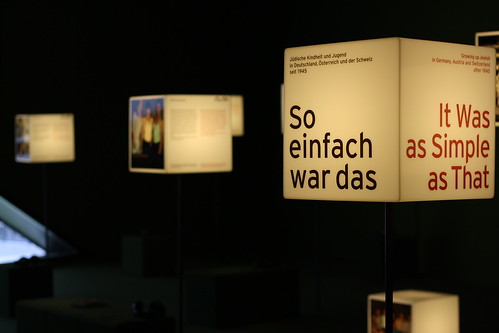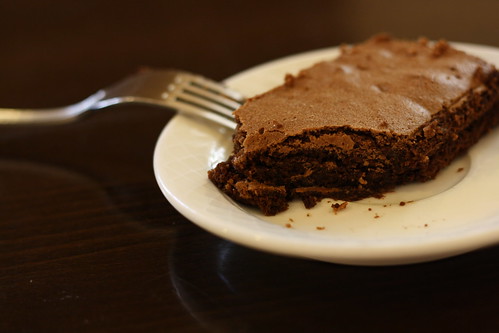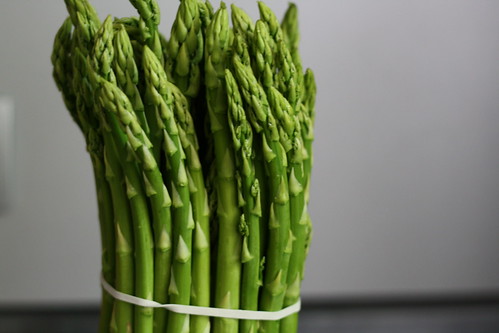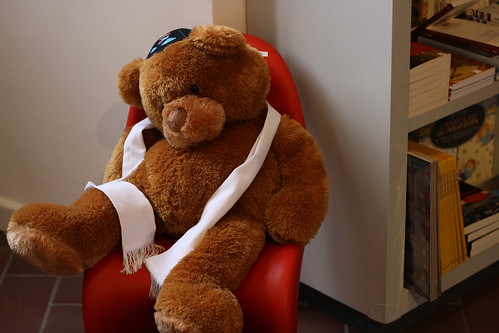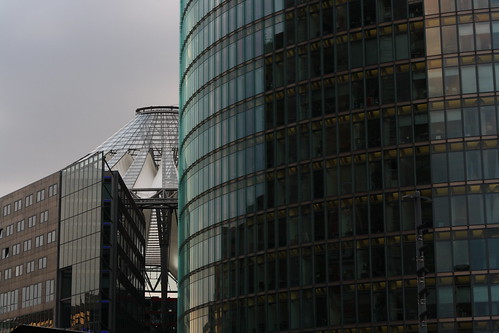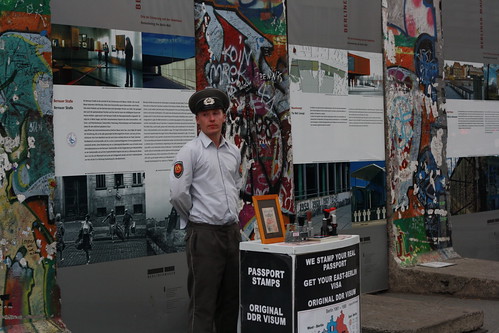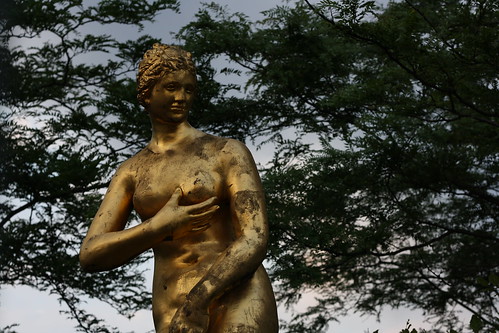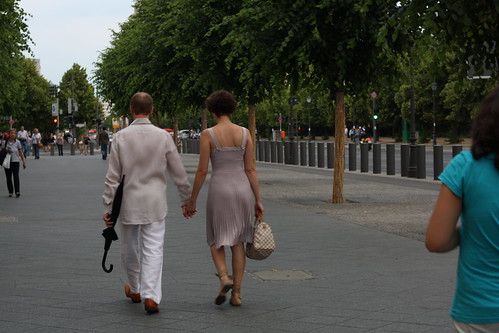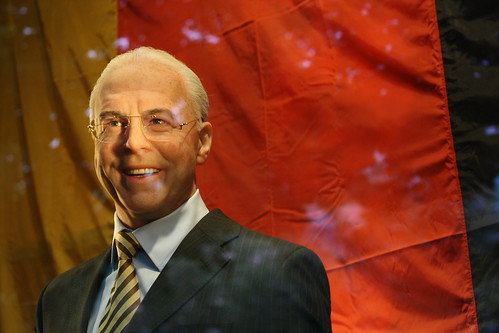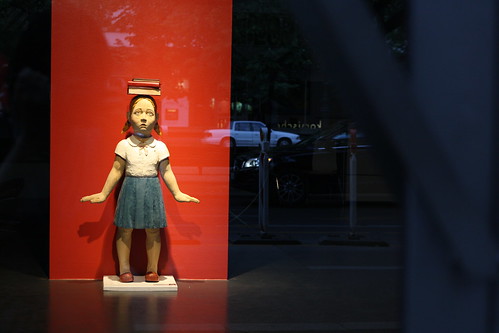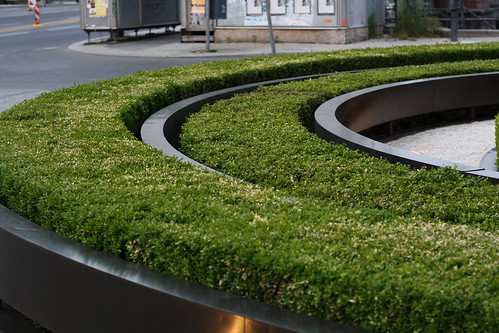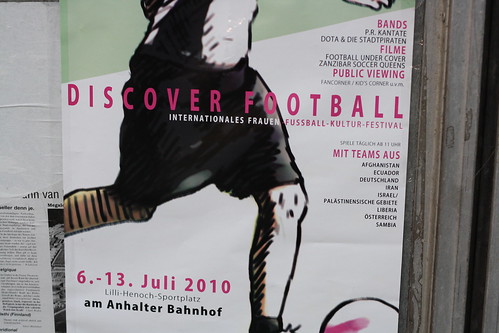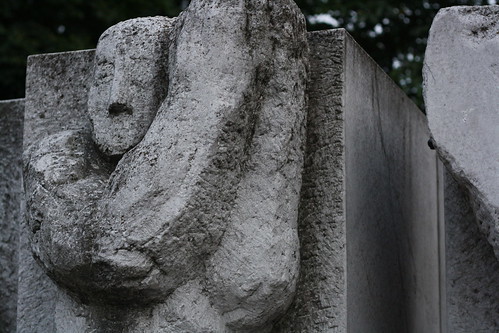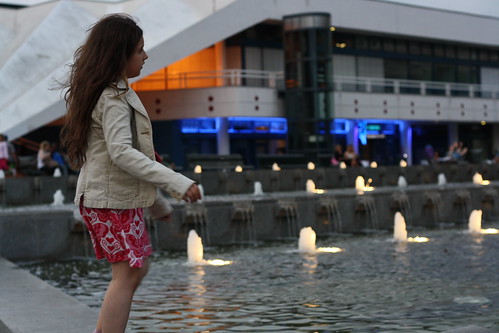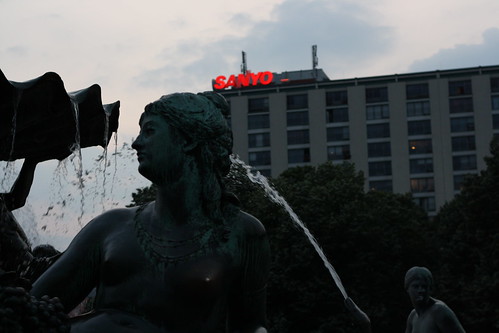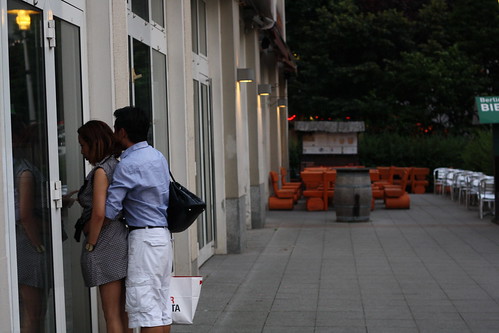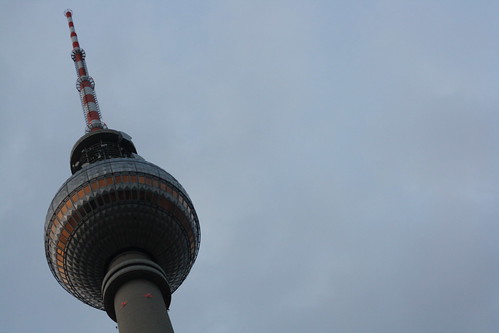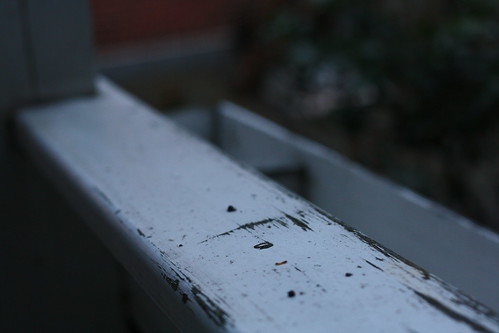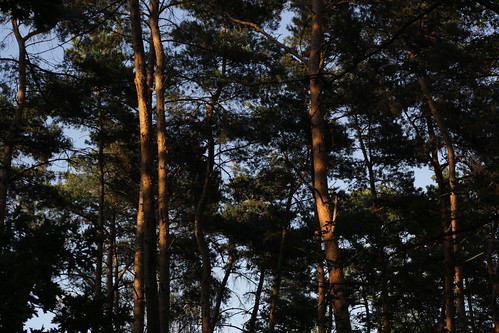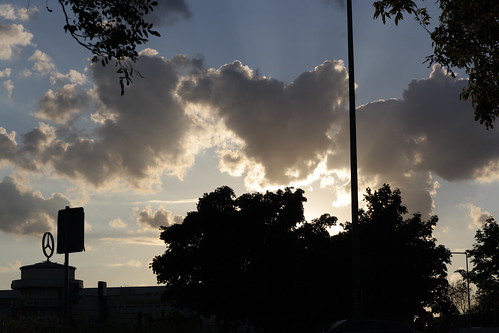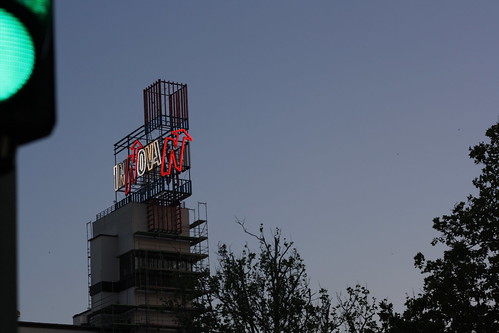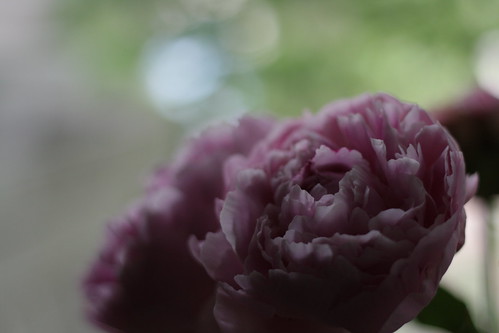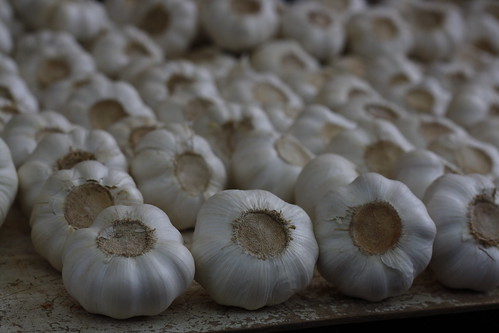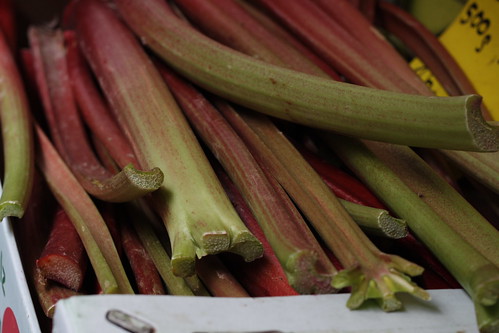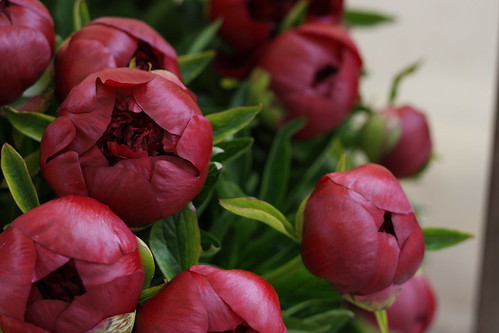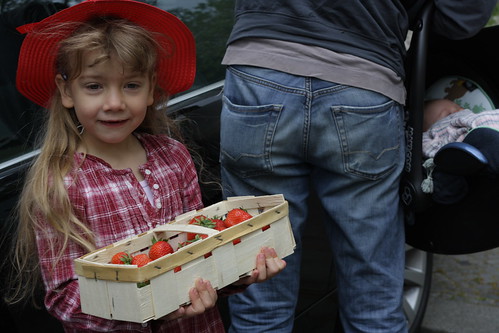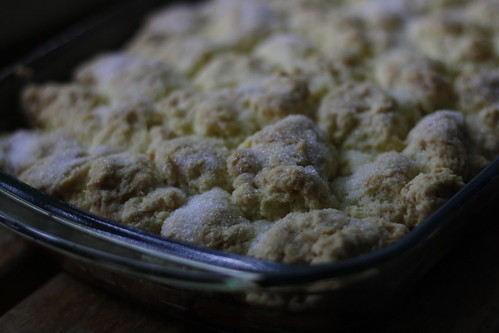
If I think back to other times of my life, I can most easily define them in terms of the books that I was reading. They are as much my companions as the places that I went to or the people that I met. At the age of 7 , the Narnia series captured my attention; I could recite the order of the stories off by heart when asked by my teacher, shunned every TV adaptation because what they offered couldn't possibly compete with my imagination and cried after reading a book of the author, C.S Lewis' letter to children when I learned that he was no longer alive. During the eighties, we took our caravan over to France and around different parts of England in the school holidays, exploring castles and charming little towns during the day and when evening fell, playing cards and reading our books. One summer was spent in Lincolnshire where we visited Belton House, used in the wonderful TV series Moondial, one of the most popular books among my generation about a girl who discovers a lost world which appears through a sun/moondial and which made me want to change my name to Minty like the heroine. On the campsites where we stayed, it was easy to make friends; that summer, I met a younger girl staying with her grandparents. She came over for tea and we played with some china figures which ended disastrously because I broke one of hers and she left in tears. Close by, in a disused barn; I peered through gaps in the wood to see groups of children jumping from one side to another and playing games; one of them caught me spying but invited me to join them, although the owner forbade us from going there shortly after because it was unsafe. The last evenings, I was invited by a brother and sister for tea in their caravan. The father offered me a barbequed banana, black and soft, which probably explains why it's not my favourite fruit and the mother did her best to convince her daughter to have her long hair cut off into a bob like mine.
There are images of a different holiday in the Dordogne around the age of 10 in a gîte filled with mosquitoes and copies of Hello magazine left by previous holidaymakers. I played tricks on my poor father like locking him in the bathroom so that he had to escape out of the window, making his way through a field in a dressing gown. Details of the plot have gone but the book that time was called Emlyn's Moon; I remember that it gripped me so much, I couldn't put it down, that I stayed up late to finish it and that the end made me cry.
Then for a few years, I stopped reading; words weighed too heavily upon me, books were my mother's obsession and I wanted to rebel and find my own way. Eventually though, I felt a need for them once more in late adolescence, discovering Camus' The Stranger or The Plague which made one teacher in school warn me that he was far too depressing. Perhaps most importantly, there was Memoirs of a Dutiful Daughter by Simone de Beauvoir which I've talked about so often. There was a week in Cambridge, lonely and sad, sitting on a park bench on Parker's Piece with only Dr. Zhivago to comfort me while at university, there was the joy of books in French for the first time, like Baudelaire's poetry, Nerval's Sylvie and Proust. There was the lost innocence of Le Grand Meaulnes, finished in a National Express coach to London with tears running down my face, even if I felt that I was really too old to fully appreciate it at 21 and the doomed romanticism of Stendhal's The Chartreuse of Parma the summer I left for France. Sometimes, I feel nostalgic for those moments and long to experience them again, as if returning to the past was as simple as opening a book.
In the past couple of weeks, I've read three books that were so wonderful, I found it difficult to concentrate on anything else, often missing my underground station. Ishiguro's Never Let Me Go, a truly beautiful story about friendship, loss and the places of our childhood we long to recover, was like a jigsaw puzzle I couldn't wait to piece together while at the same time not wanting it to finish. It seems like almost everyone is reading Sylvia Plath these days; my first experience with her was as a child when my mother, feeling unwell, asked me to read her a poem from a large anthology. I chose one from Plath's Ariel called You're which to me with its images of clownlike faces seemed quite cheerful but it didn't help my mother to feel better. I was a little afraid of starting the Bell Jar, her only novel about a young woman's mental breakdown, but it turned out to be beautifully written, moving and not depressing. Lastly, I finally got around to Isherwood's A Single Man: I had no doubt it would be a wonderful book but somehow wondered whether the beauty of the film images would overwhelm the written story. Isherwood's prose though is so amazing that I was able to keep the two experiences side by side, even with two distinct sets of pictures of the characters in my mind. Choosing a new book is difficult though; I keep calling in bookshops, scanning my piles of unread ones but the choice is overwhelming and at the back of my mind, there's the fear of disappointment.
*********
Sometimes memory can weigh upon you like a stone. In the past week, there were visits to the Jewish museum and to the memorial to the murdered Jews in Mitte. The latter was a place I went to during my first ever visit to Berlin and I wasn't quite sure what to make of it. Large concrete slabs in rows that become deeper the further you go in. It can be rather claustrophobic at times. The Jewish museum was a revelation though. On the ground floor, you find yourself in the middles of three axes; exile, holcaust and continuity. The ultra modern building looks like a broken star from above and everything inside disconcerts you; no right angles,the garden of exile with its columns on uneven ground so you never feel secure or comfortable and the holocaust tower, a dark, unheated concrete room with just a crack of light at the top. It all sounds rather heavy going but upstairs, there were sections about Jewish history and culture; a tree on which you can hang your wishes, written on paper apples, one of which simply said "un amour", paintings, scientists and kosher. I came out knowing there was still so much to understand and learn about but also inspired in a way that few museums have made me feel.
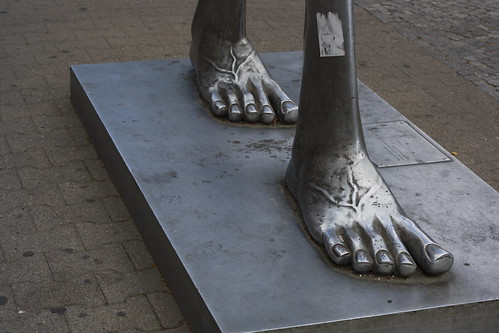 Near Hallesches Tor in Kreuzberg
Near Hallesches Tor in Kreuzberg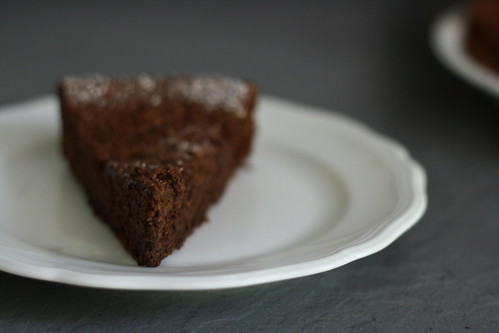
Another Nigella recipe but after making it last night, one that I couldn't resist posting. I made it long ago, that time using the water bath she recommends but it still worked out great even by leaving that step out. I also reduced the amount of butter and just used caster sugar instead of muscovado. It managed to be rich and light, squidgy but intense.
300g good quality dark chocolate
50g milk chocolate
8 eggs, separated
125g butter
100g sugar
1 tablespoon vanilla extract
pinch of salt
1. In a double boiler or the microwave, melt the butter and chocolate then leave to cool slightly.
2. Beat the egg yolks and sugar together till thick and pale then add the vanilla extract and salt and finally the chocolate mixture.
3. Whisk the egg yolks until you have soft peaks. Take a spoonful and mix into the chocolate and egg yolks before carefully folding in the rest. Pour the batter into a greased and lined springform tin and bake in the oven at 180°C until the top is cooked but you still have a damp, squigdy texture underneath. Remove and leave to cool completely in the tin before transfering to a plate.

